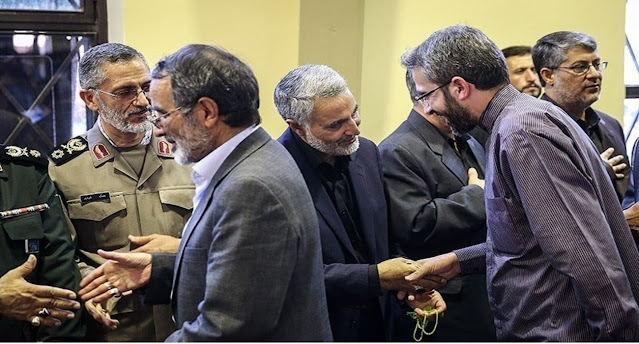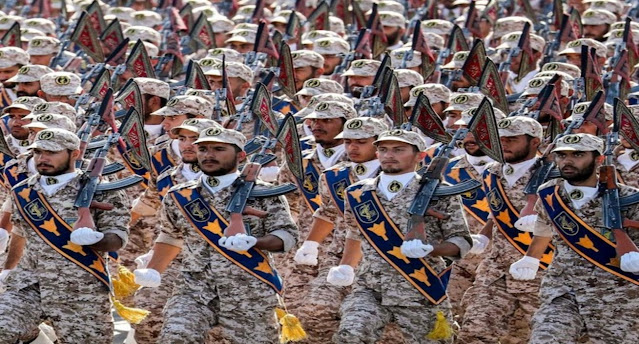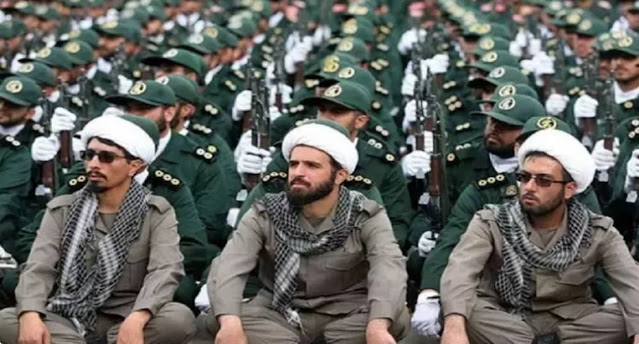The truth about the Iranian regime’s new president

By Sadegh Pashm-Foroush The day after the announcement of the results of Iran’s sham presidential election, Iranian regime supreme leader Ali Khamenei summoned the remaining members of the government of former regime president Ebrahim Raisi, who died in a helicopter crash on May 19. In his remarks to them—indirectly addressing new regime president Massoud Pezeshkian—he warned him and reminded him of the “model” of the president in the regime. The supreme leader repeatedly mentioned Raisi and said, “He is truly a model; we must all learn from him.” He then reiterated the concept of “heartfelt belief and practical commitment” to the regime, which Pezeshkian, like all the election candidates, had committed to. Khamenei stated, “Dear Raisi demonstrated as a model that one can possess these mental, heartfelt, and practical qualities as the president of a country and follow them in practice.” Of course, before the sham election, Pezeshkian repeatedly stated that he would continue Raisi...







